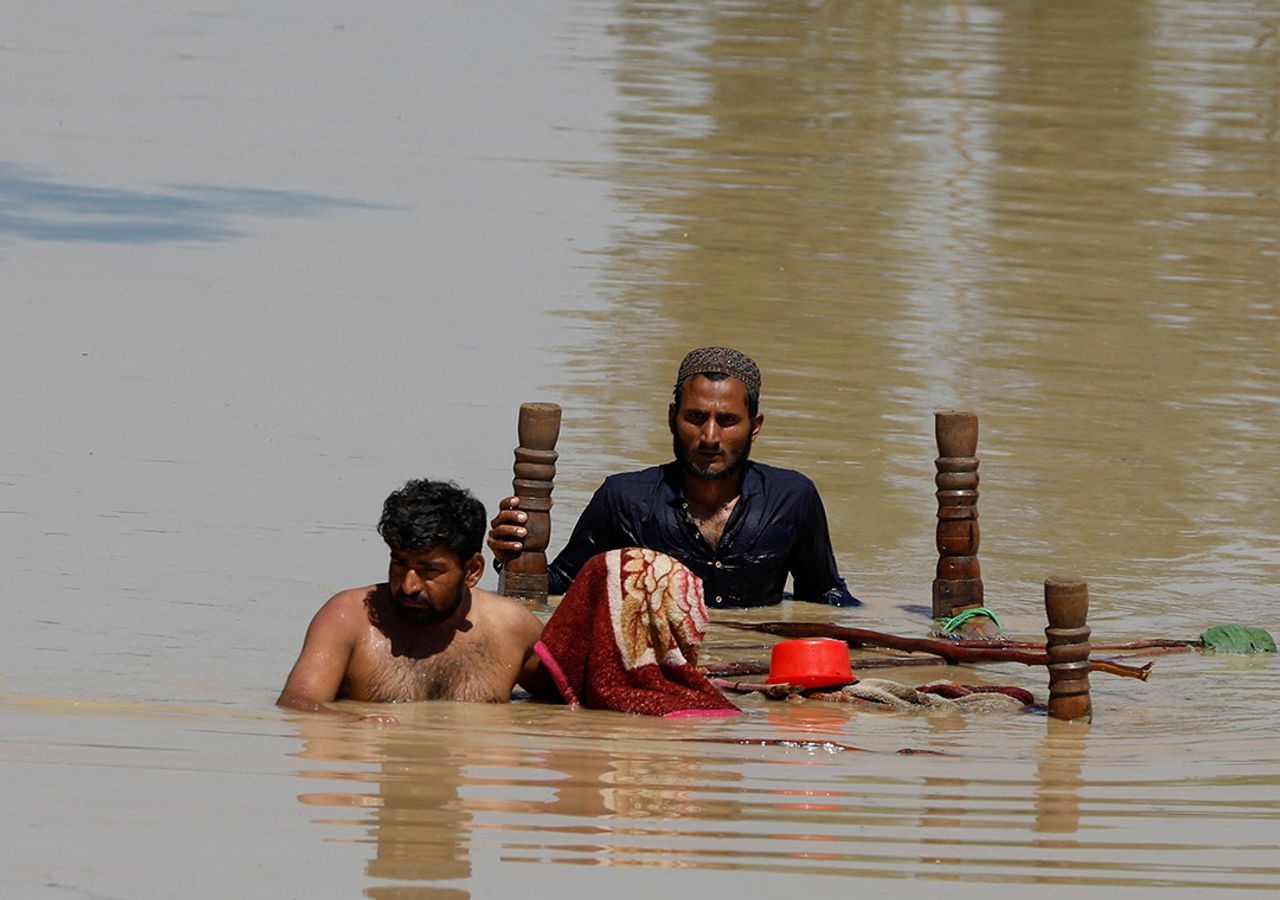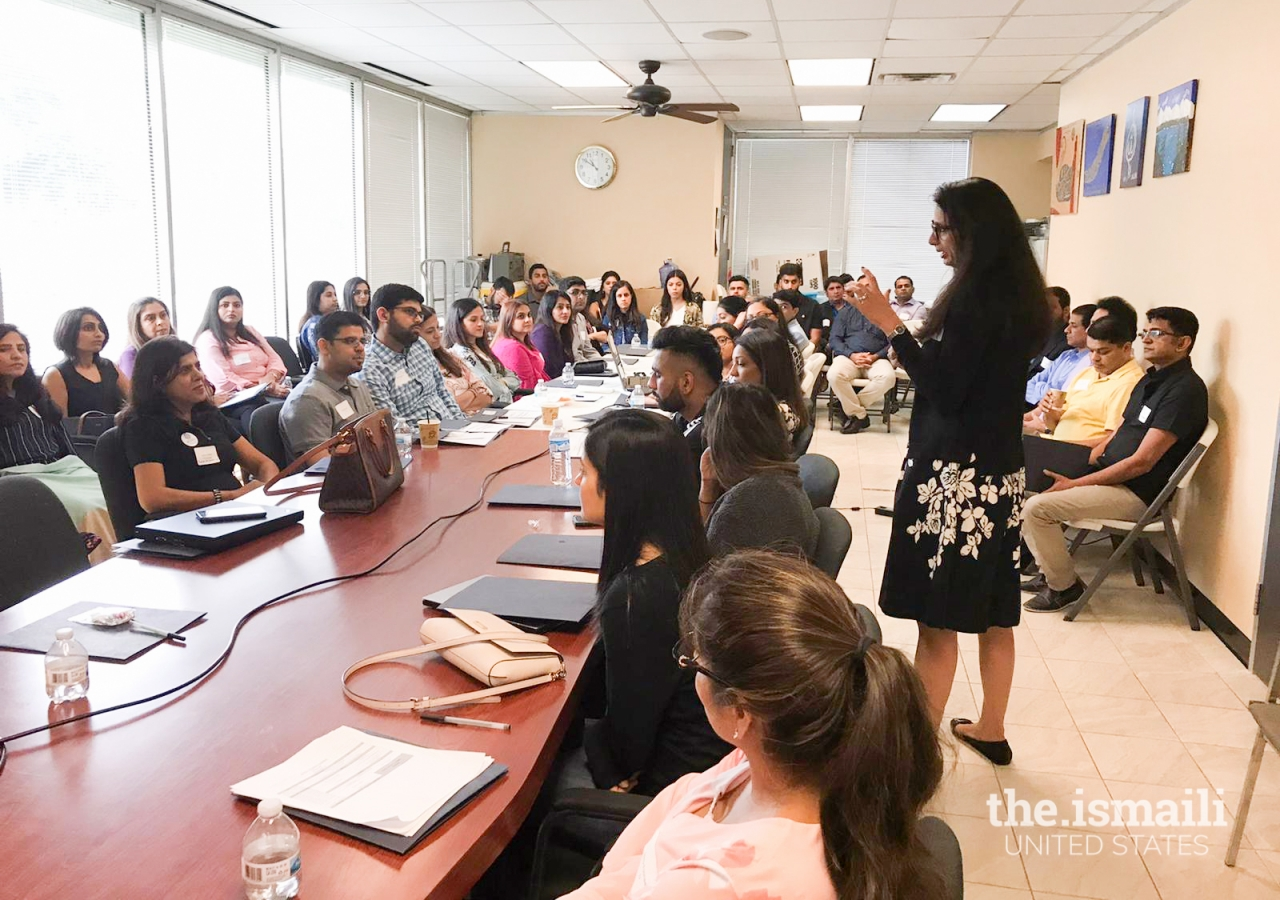Articles in this series, thus far, have focused on our responsibility towards the environment to help alleviate the negative impact of climate change on our planet. Now, we turn our attention to the effects of climate change on us as we explore how extreme weather-related events influence our mental health and overall well-being.
A genuine consequence of climate change is climate anxiety. Let us begin to understand this phenomenon by meeting Saima, an 18-year-old girl who trembled while recounting her family's harrowing ordeal through the catastrophic impact of Hurricane Harvey in Sugar Land, TX, in August 2017. She, along with her parents, younger siblings, and frail grandmother, found themselves confined to a boat as they watched their neighborhood submerge in the bellowing forces of water and wind. The traumatic experience still lingers in her nightmares, often jolting her awake, her thoughts consumed by the haunting imagery of drowning in murky waters.
The impact of climate change is not only a reality for people in developing nations. It can become a lived experience for many of us in the United States, and the impact on our sense of safety can be traumatic.
Climate anxiety is sorrow caused by thinking about climate change and its impacts on the landscape and human existence. Experts at Yale University explain that climate anxiety tends to manifest in two ways: physiologically, a person may experience heart racing and shortness of breath, and behaviorally, climate anxiety may get in the way of one's social relationships or functioning at work or school.1 It generates profound despair about the long-term future of human existence and the world. Disruptions to one's routine can also evoke a sense of loss of control. The aftermath of dealing with natural disasters can cause communities to collectively undergo trauma of varying degrees, leading to elevated psychological and physical health challenges.
The after-effects of Hurricane Katrina in 2005 are a stark example of such communal trauma. Those with preexisting mental health conditions and physical disabilities are particularly susceptible to psychological distress post-disaster. Symptoms such as anxiety, depression, sleep troubles, nightmares, and mood fluctuations can escalate, potentially triggering conditions such as post-traumatic stress disorder, substance abuse, and domestic violence.
In the face of climate-related stressors, individuals and communities can strive to cultivate resilience and coping strategies to withstand the repercussions of natural calamities. Noteworthy organizations, such as the Federal Emergency Management Agency, Red Cross, and FOCUS Humanitarian Assistance, adopt a proactive, community-centered approach to disaster preparedness and response. For example, FOCUS empowers individuals and families at the grassroots level, ensuring their self-sufficiency for at least 72 hours following an emergency. By establishing and maintaining local capacities for efficient mitigation, preparation, response, and recovery, FOCUS fortifies communities against crises. The Jamat can lean on immediate support in the USA through the ACCESS hotline.
At an individual level, mental and physical preparedness is crucial for swift recovery from natural disasters. Engaging in prayers, maintaining physical fitness, establishing emergency funds, and securing adequate insurance protection contribute to resilience against any challenge, including climate-induced risks. Strong social networks also play a pivotal role, instilling confidence in managing disaster aftermath and reducing the likelihood of mental health issues.
Let us pray that Allah's mercy protects us from the blows of natural disasters. Let us take care of our environment as best as possible to avoid such circumstances. Let us be prepared—mentally, emotionally, financially, and in many other ways—to face times of environmental distress with unity and resilience.
_____________________________________________________________________________________________________________________________________________________________
https://sustainability.yale.edu/explainers/yale-experts-explain-climate-...









